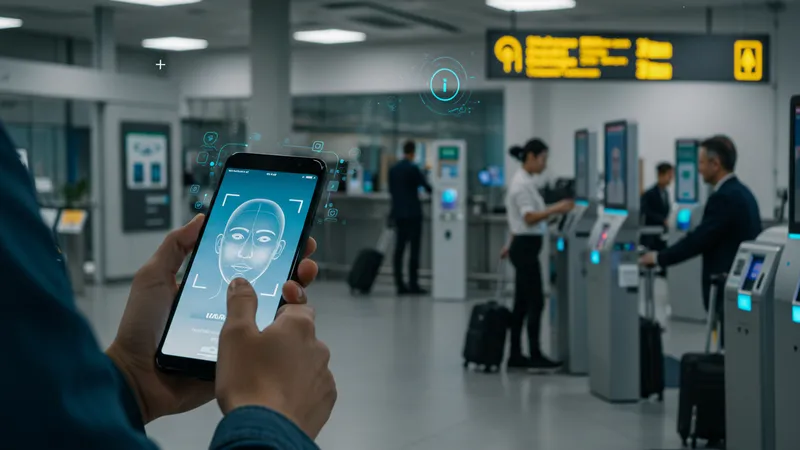
Biometric Scanners: Revolutionizing Security And Accessibility
Biometrics in Everyday Life
From unlocking your phone with a glance to seamlessly checking in at the airport, biometric technology has subtly woven itself into the fabric of daily life. With major tech companies continuously rolling out devices with advanced biometric capabilities, more people are experiencing the convenience firsthand. For instance, Face ID not only simplifies phone security but also enables secure financial transactions, making everyday tasks quicker and more efficient.

However, the impact of biometrics extends beyond consumer electronics. Workplaces are increasingly implementing biometric attendance and access systems, which streamline employee management and enhance facility security. While these systems optimize operations, they also raise questions about employee tracking and data privacy. Balancing efficiency with ethical considerations remains an ongoing debate.
In retail, personalized biometric experiences are gaining traction. Imagine walking into a store where your preferences and purchase history are recognized instantly, allowing for hyper-personalized recommendations and offers. Such convenience has the potential to revolutionize shopping, though it hinges on the consumer’s willingness to share personal data and the company’s ability to protect it. Transparency and trust are pivotal in encouraging widespread acceptance of these practices.
Fashion is another realm where biometrics are beginning to make waves. By understanding body metrics, brands can offer customized clothing and shoe fittings, reducing returns and enhancing customer satisfaction. This application highlights an exciting tangent, a future where technology truly understands individual needs. What transpires when these innovations expand further? The answer might redefine consumer-company interactions in profound ways.